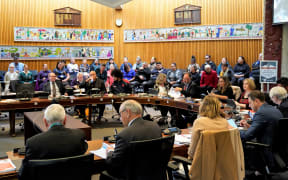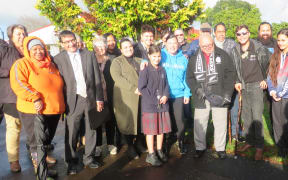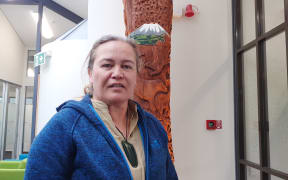Masterton councillors will vote tomorrow on creating Māori wards in time for the 2022 local elections.
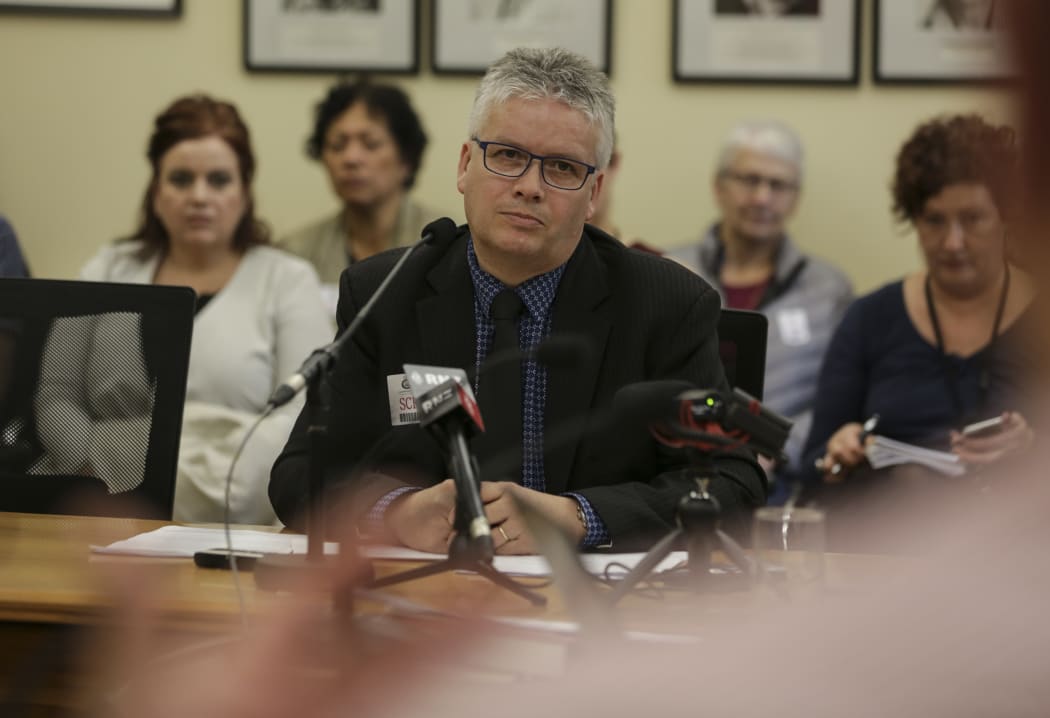
Former mayor Andrew Judd says he is proud of his hometown. Photo: RNZ / Richard Tindiller
District council staff have recommended creating at least one ward after amendments to election law in March.
Under the amended Local Government Act, councils may resolve to establish Māori wards before 21 May.
The amendments removed electors' ability to demand a binding poll on establishing Māori wards. No other electoral review needed such a referendum.
Mana whenua Rangitāne o Wairarapa and Ngāti Kahungunu ki Wairarapa have one representative on council and committees.
The representatives have votes on committees, but no voting rights on council decisions.
New Plymouth City Council was one of the first authorities to take advantage of the new rules.
Former mayor Andrew Judd backed the campaign, having pushed for reforms during his tenure.
A referendum, raised by 5 percent of the electorate, vetoed the bid.
Masterton-raised Judd, a Mākoura College alumni, said the news was "fantastic", and he was "very proud of my hometown".
"I want to acknowledge Lyn [Patterson, mayor] and the council for being brave and bold."
Judd said all of the systems New Zealand operated in were "British, very Eurocentric".
"If we think about the system that we operate with, and even the idea of Māori wards, is European, Māori didn't come up with the idea. Pākehā came up with the idea.
"There's a bit of irony around Māori getting the blame for wanting an idea that was established by non-Māori.
"I know that more than me when I was in council for nine years and a mayor. And it doesn't really in a true way, I would argue, acknowledge partnership and Te Tiriti o Waitangi."
Tiraumaera Te Tau, chair of the Rangitāne o Wairarapa rūnanga, represents the iwi at Masterton District Council (MDC).
Te Tau said it was important to keep iwi representation even if Māori wards were created.
"Iwi and the obligations that councils have legislatively to Te Tiriti would be absolutely in a separate space altogether.
"While MDC have voted to have iwi representatives at the table, we don't actually have a vote when it comes to council decisions.
"But we are definitely an influence for the voice of the people from here.
"When it comes to Māori wards, it opens up the scope for anybody to stand and be the voice for Māori, but not necessarily be tangata whenua of this place."
Any resolution to establish Māori wards applies for at least the next two general triennial elections, 2022 and 2025.
A representation review would be needed to establish them. The last review, in 2018, removed the rural ward and made all councillors 'at large'.
After that, council would continue to have Māori wards unless they made a resolution to disestablish them.
Last week, Carterton councillors voted to extend voting rights on committees to representatives of the district's Hurunui-O-Rangi marae.
That move drew the ire of the NZ Taxpayers Union, whose spokesperson Jordan Williams said it "undermines local democracy".
"The makeup of council should be determined by voters every three years, not changed on an ad hoc basis between elections."
"We would encourage members of the marae who want voting rights on council committees to actually run for council."
Councillors meet at 3pm tomorrow at Waiata House.
The next council elections are set for September next year.
Representation review timeline
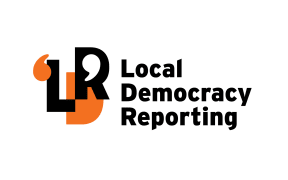
Local Democracy Reporting is a public interest news service supported by RNZ, the News Publishers' Association and NZ On Air. Photo: LDR
